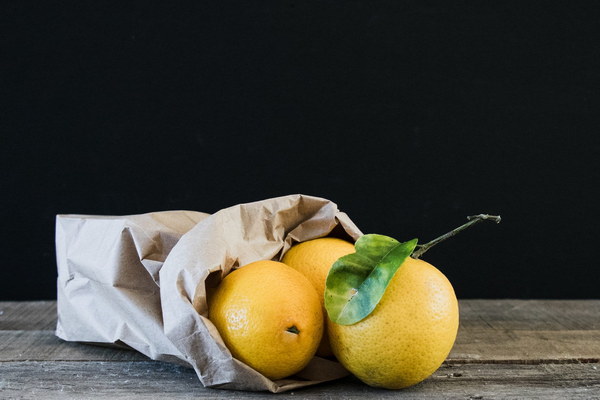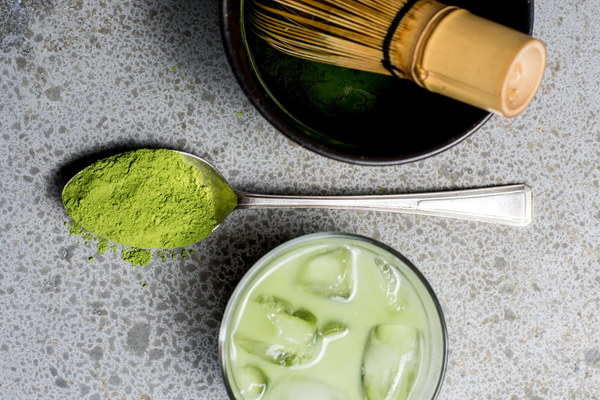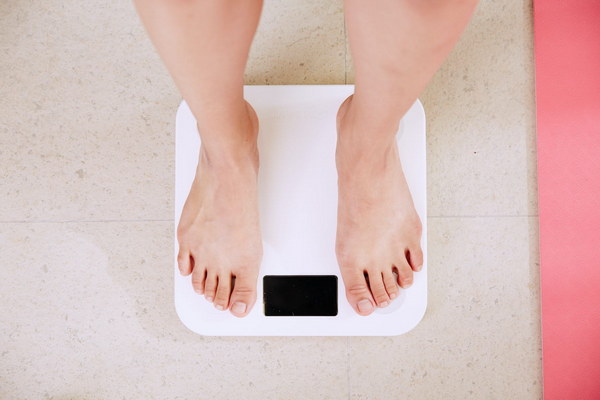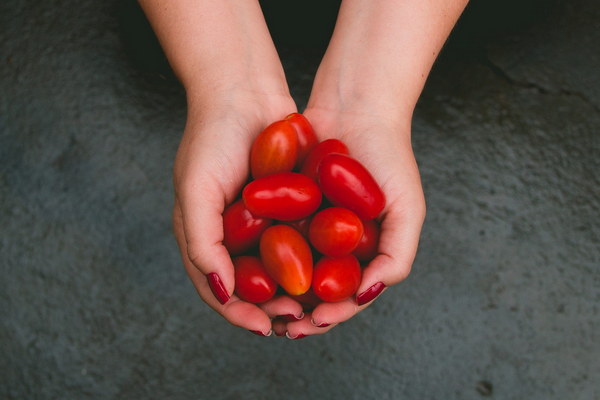Top Medications for Dampness in the Abdomen A Comprehensive Guide
In traditional Chinese medicine, dampness in the abdomen is considered a common health issue that can lead to various discomforts and imbalances in the body. Dampness is often characterized by symptoms such as bloating, fatigue, and weight gain. To alleviate these symptoms, it's essential to identify the right medication for abdominal dampness. This article will explore the most effective medications to combat dampness in the abdomen, based on both traditional and modern approaches.
1. Traditional Chinese Medicines (TCM)
Traditional Chinese medicine offers a variety of herbs and formulas that can help alleviate abdominal dampness. Here are some of the most commonly used TCM medications:
a) Aconite Root (Fu Zi)
Aconite root is a potent herb that warms the body and expels cold and dampness. It is often used in conjunction with other herbs to treat abdominal bloating, diarrhea, and weight gain due to dampness.
b) Cinnamon (Rou Gui)
Cinnamon has warming properties that help to dispel dampness and improve blood circulation. It is commonly used in TCM to treat abdominal pain, bloating, and cold limbs.
c) Hoelen (Fu Ling)
Hoelen is a versatile herb that can drain dampness, resolve phlegm, and relieve chest tightness. It is often used in combination with other herbs to address abdominal dampness and related symptoms.
d) Astragalus Root (Huang Qi)
Astragalus root is a Qi-tonifying herb that enhances the immune system and helps to expel dampness. It is often used in TCM to treat chronic fatigue, weakness, and abdominal bloating.
2. Modern Medications

Modern medicine offers various medications that can help alleviate symptoms of abdominal dampness. Here are some of the most commonly prescribed medications:
a) Diuretics
Diuretics are medications that increase urine production, helping to reduce fluid retention and alleviate bloating. Examples include Furosemide and Hydrochlorothiazide.
b) Probiotics
Probiotics are beneficial bacteria that can help maintain a healthy gut flora. They may be effective in treating abdominal bloating and diarrhea associated with dampness. Lactobacillus and Bifidobacterium are common probiotics used in this context.
c) Anti-inflammatory drugs
Non-steroidal anti-inflammatory drugs (NSAIDs) can help reduce inflammation and alleviate pain associated with abdominal dampness. Examples include Ibuprofen and Naproxen.
3. Lifestyle Modifications
In addition to medication, making certain lifestyle changes can help improve abdominal dampness:
a) Diet: Avoiding excessive intake of dampening foods such as dairy, sugary foods, and cold drinks can help reduce dampness in the body.
b) Exercise: Regular physical activity can help improve digestion and reduce bloating.
c) Sleep: Ensuring adequate sleep can help regulate hormonal balance and reduce stress, both of which can contribute to dampness.
In conclusion, managing abdominal dampness requires a combination of medication, lifestyle modifications, and dietary adjustments. Traditional Chinese medicine offers various herbs and formulas that can help alleviate dampness in the abdomen, while modern medicine provides options such as diuretics and probiotics. It's essential to consult with a healthcare professional to determine the most appropriate treatment plan for your specific needs.









